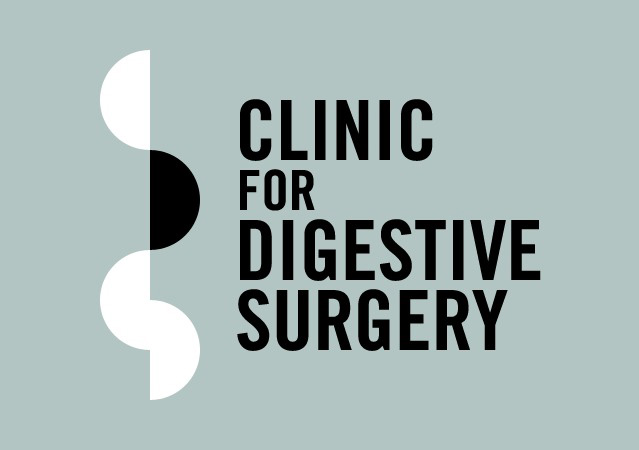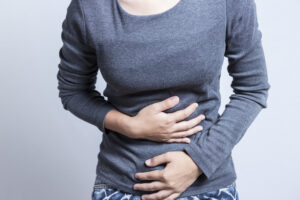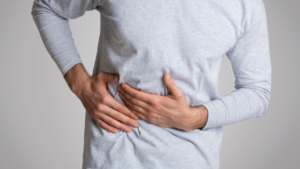The common yet usually uncomfortable symptom of diarrhoea is loose, watery faeces that come on more frequently than normal. Diarrhoea may be a transient problem that goes away on its own, but it can also be a sign of an underlying digestive disease that needs to be addressed. Diarrhoea can be caused by a number of things, such as lactose intolerance, food poisoning, and digestive problems. In order to treat the condition effectively and stop more complications, the source must be understood.
What Does Diarrhoea Look Like?
The intensity of diarrhoea varies, and it can be accompanied by a number of symptoms:
- Frequent, Loose Stools – The most common symptom of diarrhoea is an increase in the number of bowel movements, which are usually accompanied with loose or watery stools.
- Abdominal Cramps – A common side effect of diarrhoea is cramping or pain in the abdomen, which is frequently brought on by the fast passage of food through the intestines.
- Urgency – Frequently, there is an unexpected, pressing need to use the restroom. Bloating and Gas – Diarrhoea can cause discomfort when it is accompanied by bloating and excessive gas.
- Dehydration – Dehydration is a danger associated with diarrhoea since it can cause significant fluid loss, especially if the illness lasts a long time.
Common Digestive Conditions Causing Diarrhoea
Diarrhoea can be caused by a number of intestinal disorders, the most prevalent ones being:
- Food Poisoning – When bacteria, viruses, or parasites enter the digestive tract through contaminated food or drink, it can cause food poisoning. Abdominal pain, nausea, vomiting, and diarrhoea that appears suddenly are common symptoms. Frequent loose stools are the body’s attempt to quickly eliminate the toxic chemicals.
- Lactose Intolerance – This condition is brought on by insufficient amounts of the enzyme lactase, which is required to break down lactose, a sugar present in dairy products. As lactose passes through the digestive tract, improper breakdown can result in gas, bloating, and diarrhoea. Usually, a few hours after consuming dairy products, symptoms start to show.
- Irritable Bowel Syndrome (IBS) – The term “irritable bowel syndrome” (IBS) refers to a group of symptoms that include diarrhoea, constipation, abdominal pain, and bloating. IBS is a long-term disorder that affects the large intestine. The main symptom of IBS with diarrhoea (IBS-D) is frequent diarrhoea that is brought on by specific meals, stress, or hormone fluctuations.
Other Causes of Diarrhoea
Other than usual digestive disorders, the following reasons might also result in diarrhoea:
- Viral Infections – Viruses that cause gastroenteritis, which in turn causes diarrhoea, include rotavirus and norovirus. These illnesses are extremely contagious and spread quickly, particularly in settings where people are in close proximity, such as nursing homes or schools.
- Medication – Some drugs, such antibiotics, can upset the gut’s normal bacterial balance and cause diarrhoea. When the medicine is stopped, the illness, also known as antibiotic-associated diarrhoea, usually goes away.
- Chronic Conditions – Long-term intestinal inflammation brought on by chronic illnesses such as Crohn’s disease or ulcerative colitis might result in diarrhoea that doesn’t go away.
- Dietary Decisions – Eating fatty foods, artificial sweeteners, or too much caffeine might aggravate the digestive tract and cause diarrhoea.
When to Seek Medical Advice
Even though infrequent diarrhoea is normally not a reason for alarm, the following circumstances call for medical attention:
- Persistent Diarrhoea – If diarrhoea lasts more than two days, there may be an underlying problem that has to be treated.
- Severe Dehydration – Signs of dehydration include diminished urination, dry mouth, and extreme thirst. This is a serious condition that may call for medical attention.
- Blood in Stool – Blood in the stool may be a sign of a more serious illness and needs to be checked out right once by a medical professional.
- Severe Abdominal Discomfort – If diarrhoea is present along with intense or deteriorating stomach discomfort, this could indicate a more serious digestive problem.
- Fever – A high temperature along with diarrhoea may be a sign of an infection or another serious medical issue.
How to Diagnose When There’s Diarrhoea
A combination of the patient’s medical history, physical examination, and diagnostic testing are used to determine the cause of diarrhoea:
- Stool Analysis – To identify the cause of diarrhoea, a stool sample can be examined for the presence of bacteria, viruses, parasites, or blood.
- Blood Tests – These can be used to look for indicators of an underlying illness such as Crohn’s disease, such as infection, dehydration, or inflammation..
- Endoscope – To view the digestive tract and take biopsies for additional testing, an endoscope may be performed in cases of persistent diarrhoea.
Treatment for Diarrhoea
The underlying cause of diarrhoea determines how to treat it:
- Hydration – It’s important to replace lost fluids and electrolytes, particularly if you have severe diarrhoea. ORS, or oral rehydration solutions, are frequently advised.
- Modifications to Diet – Steer clear of dairy, fatty meals, and artificial sweeteners to help relieve symptoms. During rehabilitation, a bland diet consisting of items like bread, applesauce, bananas, and rice (known as the BRAT diet) is sometimes advised.
- Medication – For temporary relief, over-the-counter anti-diarrhea drugs like loperamide may be utilised. Antibiotics may be recommended in the event that a bacterial infection is discovered.
- Probiotics – Particularly after taking antibiotics, probiotics can aid in reestablishing the proper balance of good bacteria in the stomach.
- Treatment of Underlying Conditions – Taking care of long-term health issues such as Crohn’s disease or IBS frequently calls for a multifaceted strategy that includes medication, dietary adjustments, and routine monitoring.
Book a Call
Diagnosing and treating disorders that can result in diarrhoea is our area of expertise at the Clinic for Digestive Surgery. Our group of knowledgeable specialists is here to help you at every stage of the procedure, including diagnosis, treatment, and aftercare. Make an appointment with us right away if you’re suffering from severe or persistent diarrhoea so you can get the help and answers you need.














